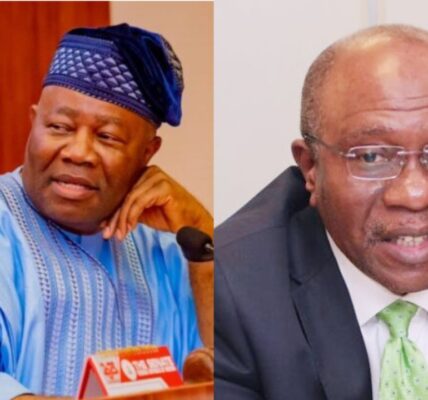
NIGERIA’S major labour unions, the Nigerian Labour Congress (NLC) and the Trade Union Congress (TUC), initiated an indefinite strike on Monday, shutting down the national grid and disrupting airline operations across the country. This strike, the fourth since President Bola Tinubu took office last year, stems from the government’s failure to agree on a new minimum wage.
The Transmission Company of Nigeria (TCN) reported that union members drove away operators at the country’s power control rooms and shut down at least six substations, effectively shutting down the national grid at 02:19 am (0119 GMT).
Nigerian airline Ibom Air announced the suspension of its flights until further notice due to the strike. Similarly, United Nigeria stated that airports across the country were shut down, with striking workers preventing any of its flights from operating.
Electricity and aviation unions issued a statement on Monday, directing their workers to withdraw their services in compliance with the indefinite strike.
Since taking office, President Tinubu has implemented Nigeria’s boldest reforms, leading to a surge in inflation to an almost 30-year high and exacerbating a cost-of-living crisis in Africa’s most populous nation. He has faced significant pressure from unions to provide relief to households and small businesses after scrapping subsidies on petrol, which kept fuel cheap but cost the government $10bn last year.
Unions declared the indefinite strike on Friday after talks for a new minimum wage, intended to cushion the impact of the reforms, collapsed. They have stated that the strike will continue until a new minimum wage is established.
The TCN is working to recover and stabilise the national grid, but unions are reportedly obstructing grid recovery efforts nationwide.
Unions have also demanded the reversal of an electricity tariff hike implemented last month for better-off consumers who use the most power, as the government attempts to wean the economy off subsidies.
In a related development, Nigeria’s privatisation body announced on Thursday that the country had secured a $500 million World Bank loan for its electricity sector.













